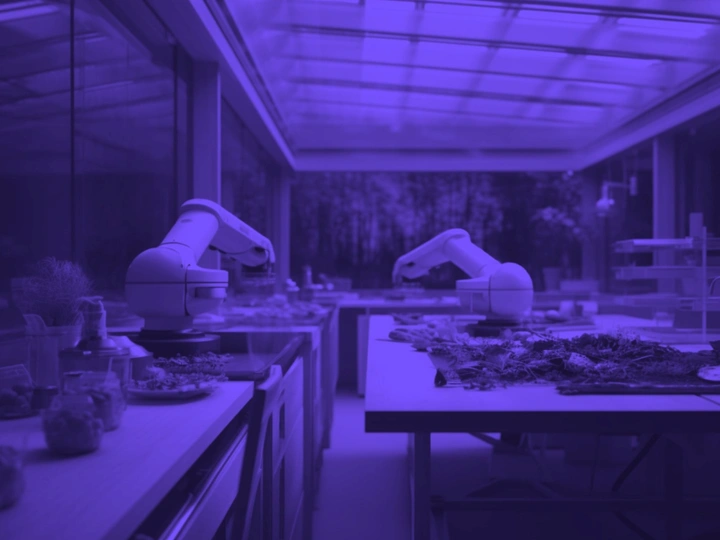Feminist Urban Futures with Generative AI

SILA KARTAL
Feminist Design is a justice driven organization for research, creativity, education, joy, and advocacy; running community projects, organising educational programmes and practice-fed research. We teach both long and short educational programmes at various higher education institutions, lecture for different non-profits and organisations, run feminist futures hackathons and workshops, and carry out community research. Sıla and Sinem work together at the feminist design to foster intersectional feminist narratives in design.
Sıla completed her MSc in Sustainable Architecture at Tampere University in 2023 and also is an architect and design coordinator at Roof Coliving, an NGO that carries out projects with citizens and municipalities for active participation of the citizens in the urban dialogues. www.roofcoliving.org/). She previously worked as a Research assistant at Tampere University’s Spatial & Speculative Research in Architectural Design research group; searching for the implementation of contextual complexity in AI-based assessment systems of older people's social isolation. She also teaches on sustainable urbanism, co-living, community-led urban practices with a variety of NGOs and non-profit bodies.
Sinem is a graduate of Bartlett School of Architecture; a designer, educator and a community organizer. Her work is situated at the intersections of urbanism, design, tech, social justice, data science, artificial intelligence, civic engagement, and feminism. She researches and teaches design and data justice, design politics, algorithmic bias, creative AI, feminist hacking and community tech. She has been working with a number of global and local organisations, she is also a project director at UN Women UK; leading a feminist data literacy campaign and a current fellow at the School of Commons; researching the communities’ collective intelligence that emerges in the times of collective trauma. Her works can be viewed on sinemgorucu.com.
There has been significant surge of interest in generative artificial intelligence within the realm of architecture, paralleling its rising influence in all creative fields. Trained on vast troves of data, these AI models reproduce the methods, approaches and therefore biases of existing neoliberal architectural practices despite the prevalent misconceptions on supposed objectivity and neutrality. Drawing inspiration from Audre Lorde; “The master’s tools will never dismantle the master’s house”, we need to expose and challenge the power structures that these AI tools are built upon in our struggle to tackle environmental crises and socio-spatial inequalities while fostering systemic change
Can AI be harnessed to go beyond the aesthetic impasse of the prestige architecture and be employed to envision intersectional feminist futures for bottom-up architectural and urban practices that are more equitable, sustainable, and rooted in commons; challenging the dominant patriarchal narratives? We research the capacity, potential and dynamics of the evolving dialogue and interaction between human and AI to unlearn the existing tendencies and values in architectural production shaped by the status quo and reinvent rather than repeat itself.
We deploy a variety of generative AI tools as a co-actor and active participant, sparking novel intersections between technology, architectural innovation and feminist future studies with a discourse on labor, resources, and non-human entities. Acknowledging that future cities should reflect the needs and aspirations of all inhabitants, not just a privileged few, we invite a spectrum of voices to participate in this exploration. Adopting an exploratory and co-creative approach, we convene workshops, exhibitions, talks and produce literary contributions that critically reflect on our research. By disseminating our insights, we aim to stimulate a broader discourse around AI’s desired and undesired roles in contributing to urban futures